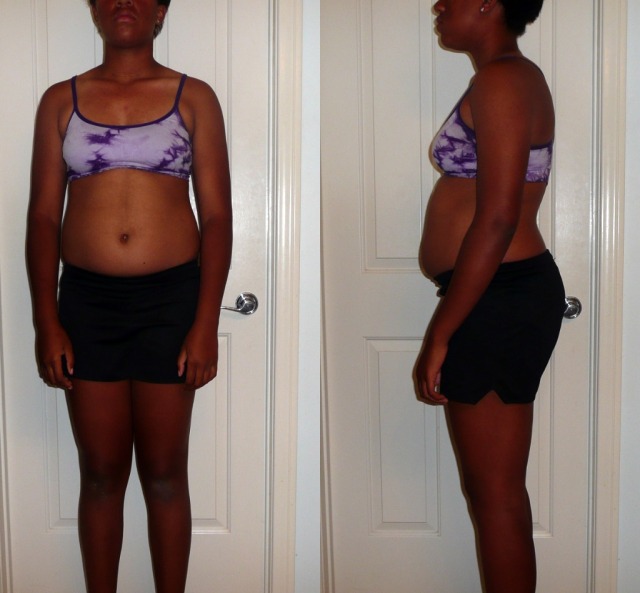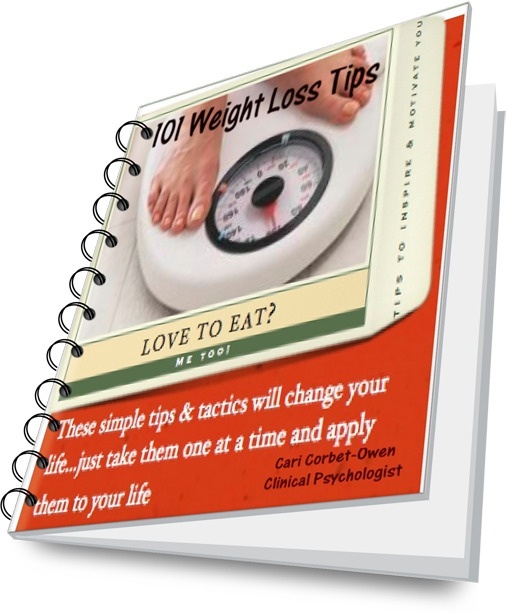diet acidity
Question
QUESTION: dear Laurie
I understand that our diets are generally acid producing and efforts should be made to balance this by eating alkaline producing foods like fruits and vegetables or supplementing with something like sodium bicarbonate. If one takes sodium bicarbonate with an acidic meal will this not neutralize stomach HCL thereby impairing digestion ?
Many thanks in advance for your answer
ANSWER: Dear Mark,
I don't believe that the foods in our diets are mainly acid producing: some foods that appear to be acidic actually produce an alkaline urine, so things go through many changes in our body once they've gone through all the systems... it's quite an involved process!
The pH of the stomach is very low (1.0-2.0), meaning it is an extremely acidic environment. This is necessary for the food breakdown to occur, and to result in liquefecation of the meal eaten, which can then easily move through to the small intestine to be digested and absorbed.
The first thing that happens in the small intestine is the pancreas sends a bicarbonate excretion over, and this brings the pH of the stomach contents (which have just entered the small intestine) up to a level where the digestive enzymes can start working.
Probably taking mild antacids, like tums, rolaids, or bicarb, will not have any ill effects on digestion. Although there is a theory that people who take prescription strength antacids may eventually have a problem--what could happen is the stomach might continually try to produce even more acid in an effort to get the environment to its desired acidic pH and result in the initial problem for which the person was taking the antacid!
So your theory about taking an antacid with a meal will probably not result in any systemic changes, except to have the stomach work harder to make more acid. And as for trying to limit the acid from what we eat, it would be a very complex diet to fashion, and the results would depend on where you were trying to reduce the acid--in your stomach, in your urine? In fact, the pH of the blood--if that is your goal--cannot be changed; it's vital to life to keep it very strictly between 7.35 and 7.45 and there are all sorts of regulatory mechanisms in place by the lungs, kidneys, and other body functions to keep that steady, regardless of what one eats.
I hope that answers your question!
---------- FOLLOW-UP ----------
QUESTION: thank you very much for your thorough and detailed answer Laurie !
is it true that the regulatory mechanisms may include the leaching of calcium from the bones and glutamine from the muscles to neutralize a diet which is too acidic ?
this is what I want to avoid because I believe most westernized diets are more acid producing. So taking bicarb between meals, is that a solution ? or do you have any other suggestions ?
again, many thanks for your help
Mark,
I'm not a biochemist, but I have to say this sounds like a scare tactic posted by a company trying to sell something. If you don't eat enough calcium, your body can take what it needs from your bones in order to keep your blood calcium level at the appropriate level: this is why many women in their 80's break bones easily--because after decades of not eating enough calcium their bones become weak... I don't know of this phenomenon occuring in young men,and certainly not from an acid diet.
Definitely pulling a substance out of the muscle does not make any sense to affect a diet.
I was unable to find any foods (except for lobster that is very slightly alkaline) that had a pH over 7.0. This means everything we eat leans toward acidic. Again, once in your stomach, it is all very acid because the stomach acid does this for ease of digestion.
And, when all else fails, think about the natural human diet: for centuries humans have been eating meats and grains and fruits and vegetables... and they didn't have to take supplemental bicarb to even things out and prevent an acid body environment.
Most likely the bicarb taken by mouth will end up being neutralized in your stomach and have zero effect on any other environment in your body.
- Prev:Nutrition Feild
- Next:mal nutrician
Related Articles
-
MultiVitamin Suggestions
QuestionI was wondering if you could give your opinion on this m
-
red or white wine vinegar
QuestionIs it wine or is it vinegar? I dont think Id get any if i
-
SICK OF BEING OBESE
QuestionIm so sick of being fat. Im 235, 54 and I just turn
-
losing 20 lbs
QuestionHi Im 16 50 151 lbs and would like to lose 20 lbs by Aug
-
natural or not
QuestionShould I eat at a burger restaurant with natural ingredie
-
nutrients right for aerobic exercise
QuestionHi, I would like to know which nutrients would help me to



